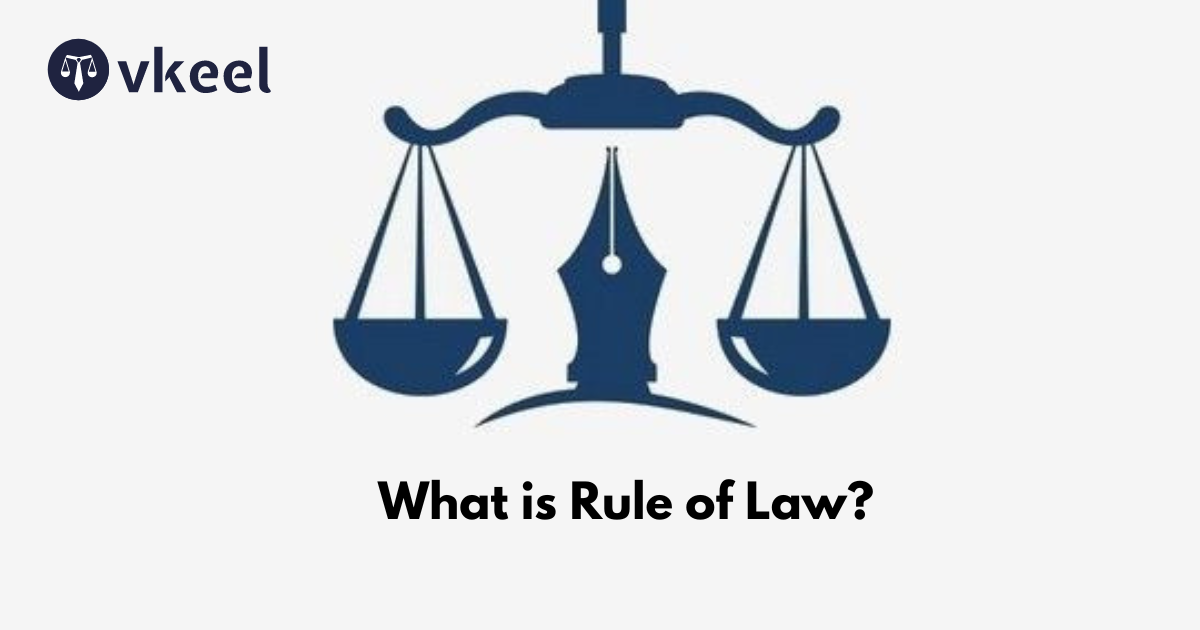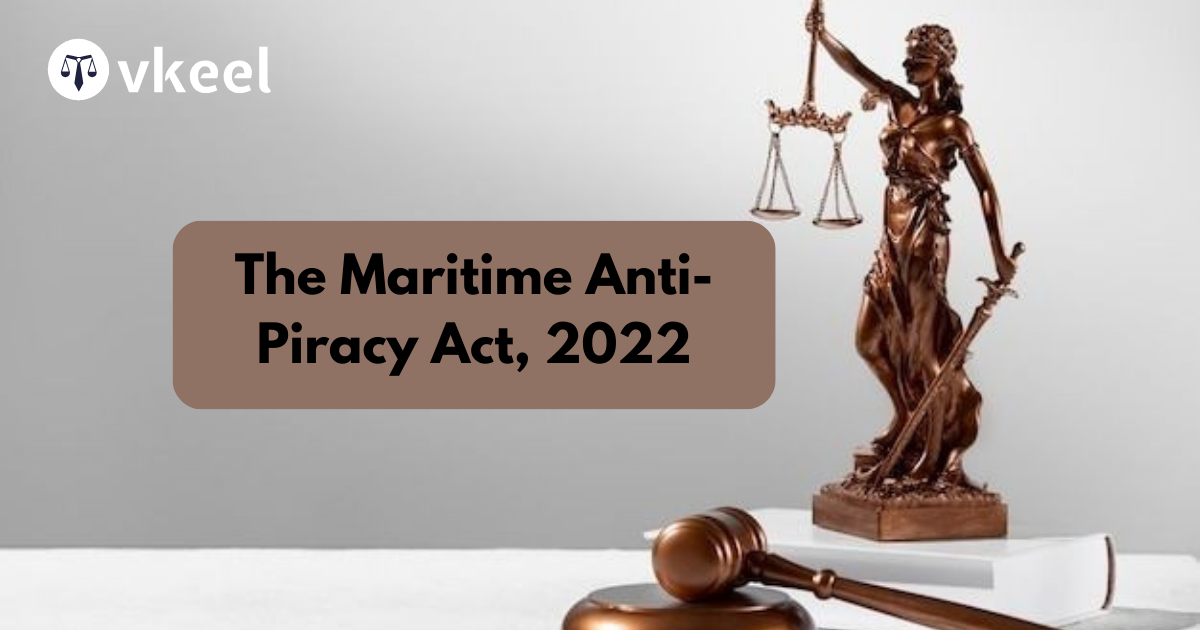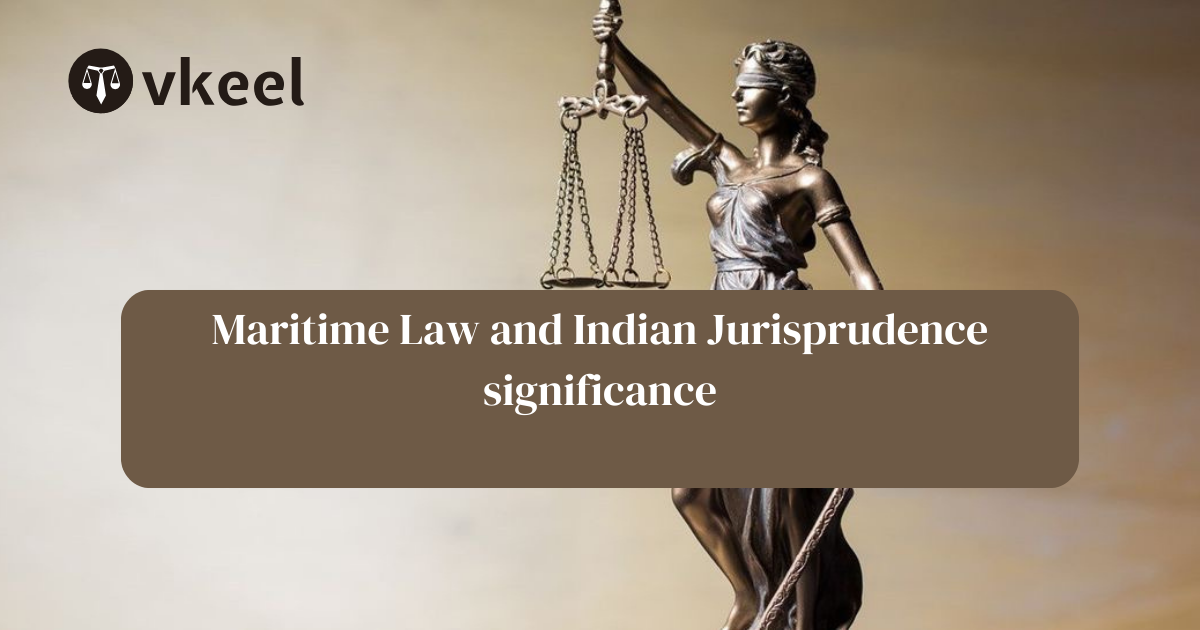What is Rule of Law?
By Joy Puri
Table of Contents
Introduction
The Rule of Law is a foundational principle which ensures that all the individuals and institutions, including the government, are subject to the law irrespective of their ranks at any place or authority. It deciphers that laws are clear, publicized, and stable, applied evenly throughout the country and to all.
The crux of the Rule of Law holds its back in its ability to provide a framework where laws are enacted, administered, and enforced in a fair, efficient, and transparent manner. This principle opposes the very arbitrary stand of governance and underscores the importance of laws being created and enforced in a manner that it reflects being transparent, just and equitable in nature.
Under the purview of the Rule of Law, the law is supreme authority and serves as the ultimate authority in society thereof. It necessitates that legal processes are fair and accessible, ensuring that justice is not only done but seen to be done in the society. Independent and impartial judiciary systems play a crucial role to uphold the Rule of Law, ensuring that laws are interpreted and applied without bias or influence from external pressures thereof.
The Rule of Law promotes accountability, limiting of the powers of government officials and preventing abuses of power so committed by the antecedent. It also promotes and fosters a sense of legal certainty, allowing individuals and businesses to therefore plan and operate within a predictable legal environment. This predictability is essential for economic development and social stability in the nation because it builds trust in the legal system and governance from the citizen’s dimensions.
Origin of the Concept
The rule of law is a foundational pillar of the democracy that ensures laws are fair, public, and applied equally to all individuals in the society. Its history spans to several millennia, marked by significant developments in different civilizations which shaped it.
In ancient Mesopotamia, around 2100 BCE, the Code of Ur-Nammu and later the Code of Hammurabi established early legal systems which aimed at ensuring order and justice in the society. Ancient Egypt’s legal system was based on Ma’at, emphasizing moral order and the Pharaoh’s role as a guarantor of justice in the landscape of law.
Sir Edward Coke (1552–1634) was a prominent English jurist whose work laid the groundwork and the framework for the concept of the rule of law in the early modern period of the legal domain. Coke’s staunch defence of the common law and his opposition to the arbitrary power of the monarchy were pivotal in shaping the track if the legal systems. His reports and legal writings focused that the king was subject to the law, not above it. One of his most notable contributions was his role in the Case of Prohibitions (1607), where he asserted that common law courts, not the king, had the authority to decide legal matters in the society.
Similarly, in the Case of Proclamations (1610), Coke declared that the king could not change any part of the common law nor create offenses by proclamation of his own. This assertion of judicial independence and the supremacy of law over executive power was a critical step in reflecting the rule of law into English constitutional practice.
A.V. Dicey (1835–1922), a British jurist and constitutional theorist, expounded on the concept of the rule of law in his seminal work “Introduction to the Study of the Law of the Constitution” (1885). Dicey articulated three core principles of the rule of law: the supremacy of law over arbitrary power, equality before the law, and the predominance of legal spirit. He argued that no one should be punished or lawfully interfered with by the authorities except for breaches of the law established in the ordinary legal manner before the ordinary courts. The essence of the concept states that those in power should be governed by the law and not the law be governed by the rulers.
Application in India
Digging it to the core, this foundational principle upholds the supremacy of the Constitution in the country, which serves as the ultimate legal authority in the country.
India’s Constitution guarantees fundamental rights to its citizens, including equality before the law, freedom of speech and expression, and protection against arbitrary arrest and detention to its citizens. These rights are enforceable through the judiciary, by the enforcements which operates independently of the executive and legislative branches of government thereof.
The judiciary plays a pivotal role in upholding the rule of law in the country. India’s judicial system consists of the Supreme Court, High Courts, and subordinate courts, each empowered to interpret laws and review governmental actions to ensure they align with constitutional principles.
In addition to the judiciary and law enforcement, India has further established institutions and mechanisms aimed at promoting accountability and safeguarding human rights in the country. The National Human Rights Commission (NHRC) and state human rights commissions work to protect individuals from abuse of power and ensure adherence to human rights standards. Public Interest Litigation also allows citizens to directly approach courts to address issues of public concern, enhancing transparency and accountability in governance by complaining it in the courts of law.
Conclusion
In conclusion, the rule of law in India serves as the bedrock of its democratic values, ensuring that legal frameworks are upheld and are at priority, individual rights are protected, and governmental actions are scrutinized within constitutional limits by the courts of law.
While challenges persists, the country continues and stives to evolve its legal and institutional frameworks to strengthen adherence to the rule of law, thereby promoting justice, accountability, and social harmony in the society and the nation.
Disclaimer:
The information provided in the article is for general informational purposes only, and is not intended to constitute legal advice or to be relied upon as a substitute for legal advice. Furthermore, any information contained in the article is not guaranteed to be current, complete or accurate. If you require legal advice or representation, you should contact an attorney or law firm directly. We are not responsible for any damages resulting from any reliance on the content of this website.










